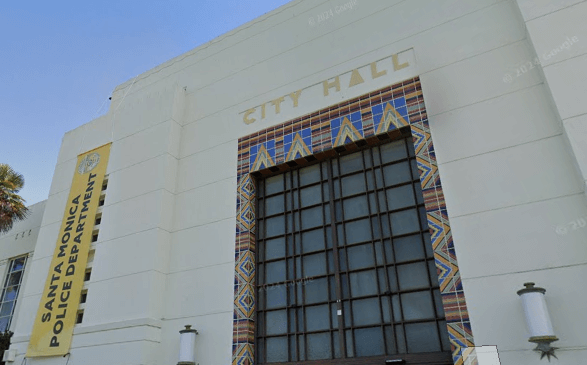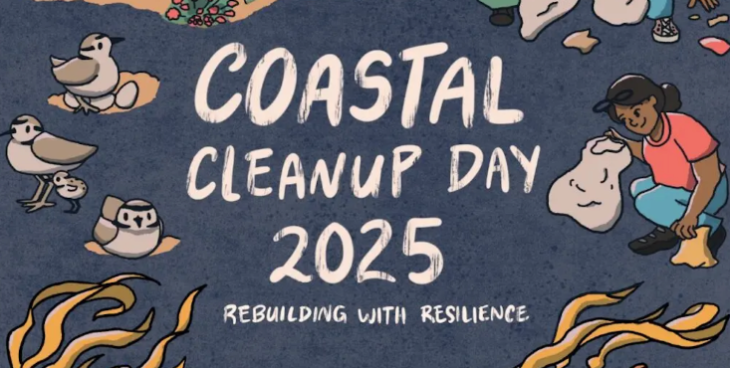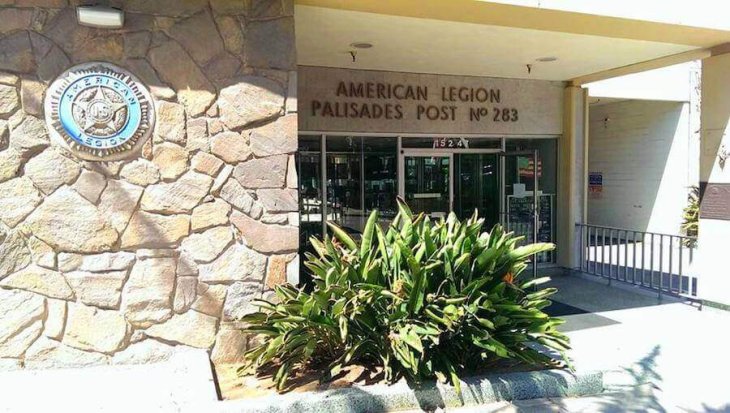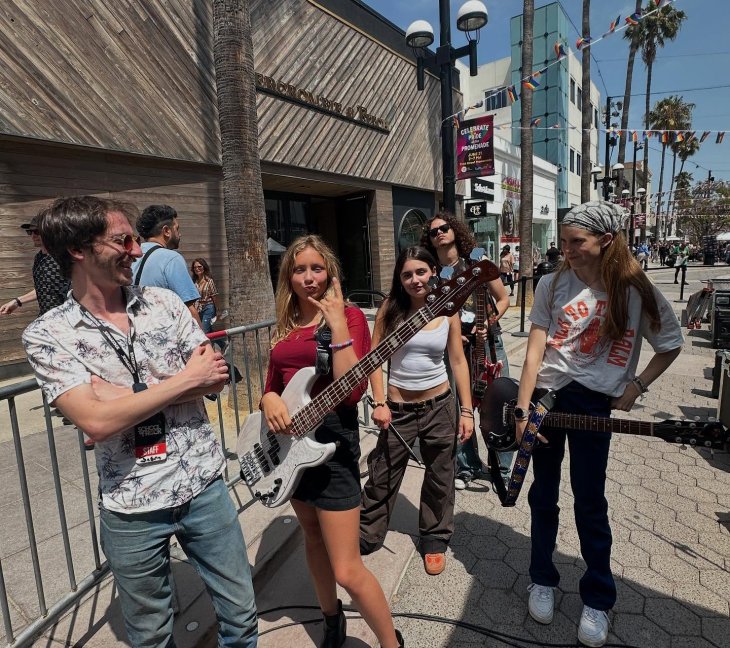The resolution directs the city to develop a “budgetary stabilization and overall city realignment plan,” expected to be presented in late October
By Zach Armstrong
The Santa Monica City Council voted unanimously Tuesday to declare a state of fiscal distress, a move that will allow the city to leverage the designation to address its ongoing financial challenges.
Speaking on the resolution during Tuesday’s meeting, City Manager Oliver Chi said, “We really observed this not as a way to solve the problem, but as a tool that is part of a larger citywide game plan to address our fiscal situation in realignment of city operations in order to create better organizational health within city operations, which is desperately needed.”
“This is to communicate on a piece of paper where we’re at financially,” said Mayor Lana Negrete. “We’ll use this when we’re dealing with government agencies for grants so we don’t have to rearticulate it in grant applications. [It] could be used to expedite the process to modify parking rates to realize revenues generated from that sooner. And lastly, to push legislators to understand how important this is so that legislation can pass to help Santa Monica and other counties which face financial insolvency.”
The resolution, which does not cut city services or grant emergency powers to the city manager, directs the city to develop a “budgetary stabilization and overall city realignment plan,” expected to be presented in late October.
The decision comes less than three months after the council approved the 2025–26 budget, which set expenditures at $484.3 million despite projected revenues of $473.5 million.
“Recent financial forecasts anticipate that the city will continue to operate a structural deficit for several years, and the city faces ongoing uncertainty that revenue projections may come in lower than expected,” a staff report from Tuesday’s meeting states.
Santa Monica’s fiscal woes stem in part from legal payouts related to Eric Uller, a former city police dispatcher and alleged sexual abuser. Uller, who also volunteered with the Police Activities League (PAL) of Santa Monica, sexually abused teen boys who attended a free after-school PAL program from the 1980s until 2010, according to Los Angeles Magazine. In 2018, while awaiting trial, Uller died by suicide at age 50.
The city, which faces additional claims from more than 180 individuals, has paid out more than $229 million in settlements related to Uller, according to the report.
The COVID-19 pandemic also severely disrupted tourism and travel — major sources of tax revenue for the city — leading to a 23.9% budget cut and the elimination of more than 400 positions. City services have not returned to pre-pandemic levels, and multiple capital projects remain unfunded, the report said.
“Due to the effects of the downturn in revenue since the COVID-19 pandemic and the need to pay the settlements from the city’s general fund reserves, the reserves are only at 61% of their pre-pandemic levels,” the report states.
Other cited challenges include tariffs, deportations, tax cuts, and deregulation.
The financial strain has already led Santa Monica to backtrack on major projects and events. In October 2024, the city council voted to renegotiate an agreement with LA28 to host beach volleyball, which included plans for a 12,000-seat stadium next to the Santa Monica Pier, before backing out of the negotiations earlier this year.
“We are a city that I could characterize as the once-rich city of Santa Monica, which will be the rich city again sometime, but right now we’re not,” then-Mayor Phil Brock said during a 2024 meeting discussing the LA28 agreement. “The question is: How do we front money for the Olympic Games when we don’t have it right now?”

























